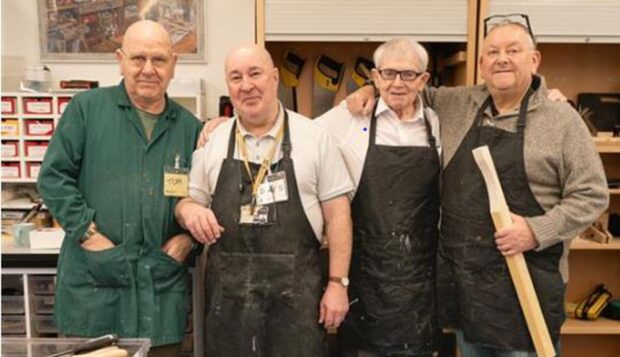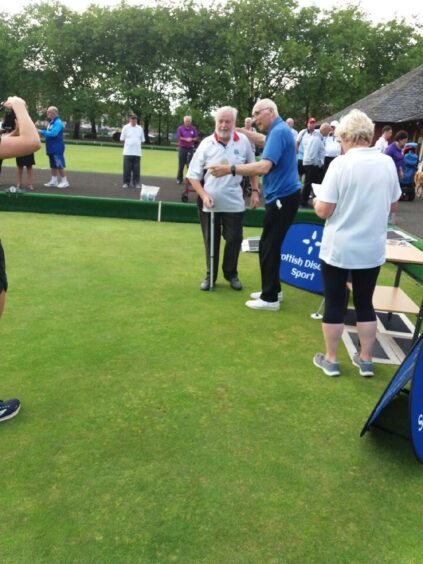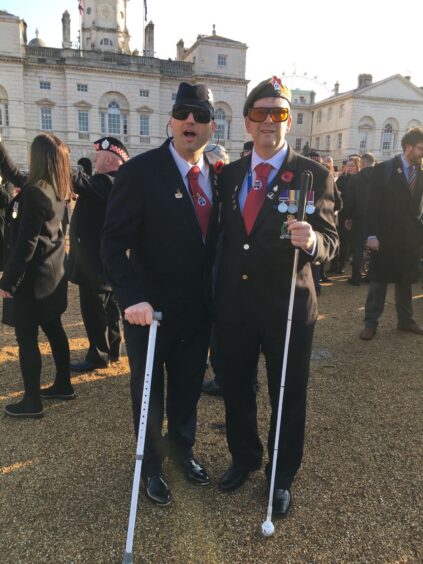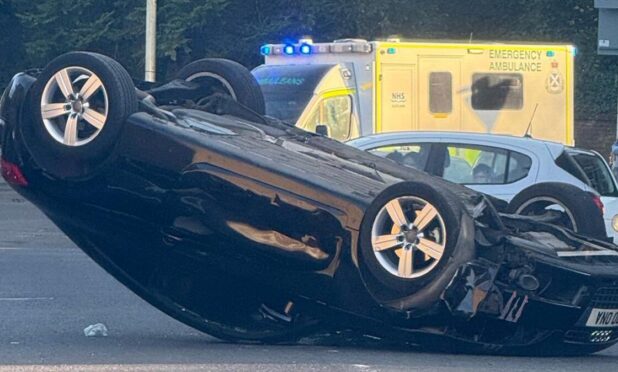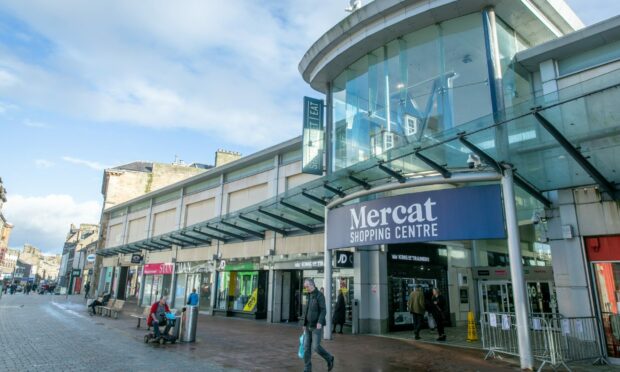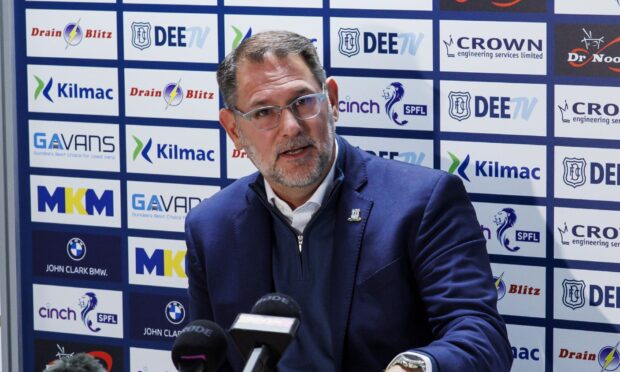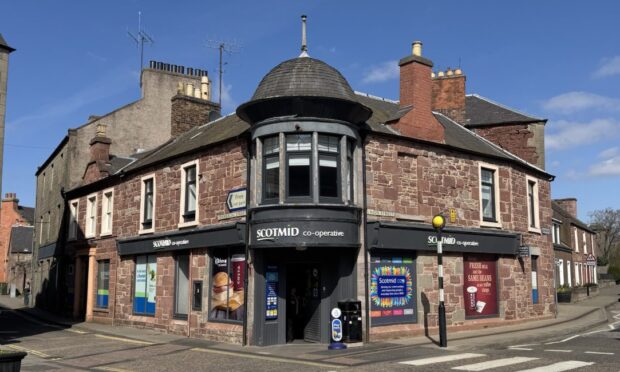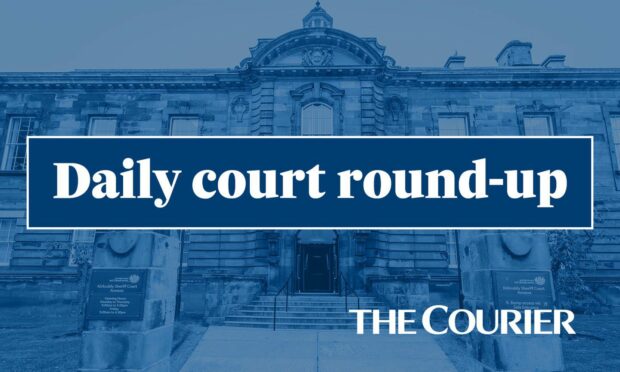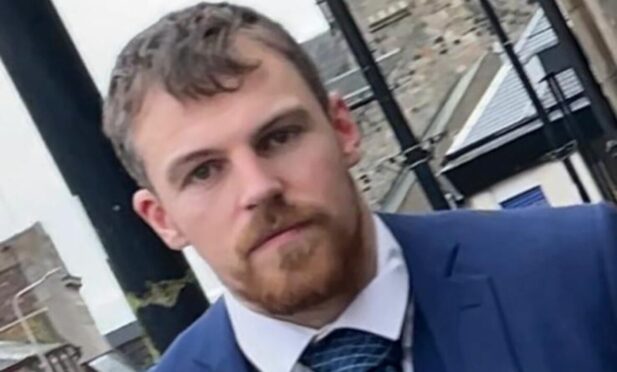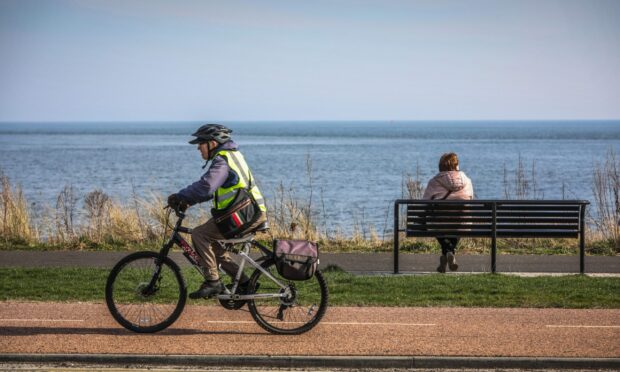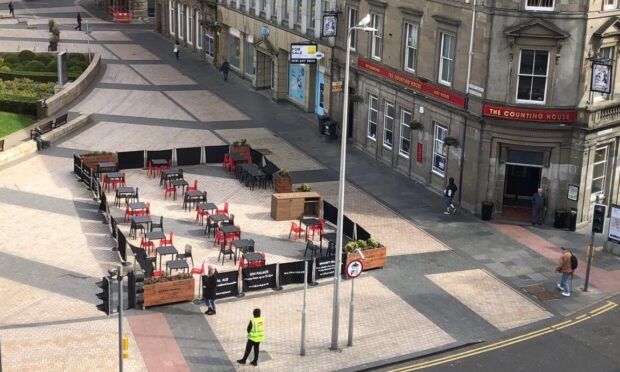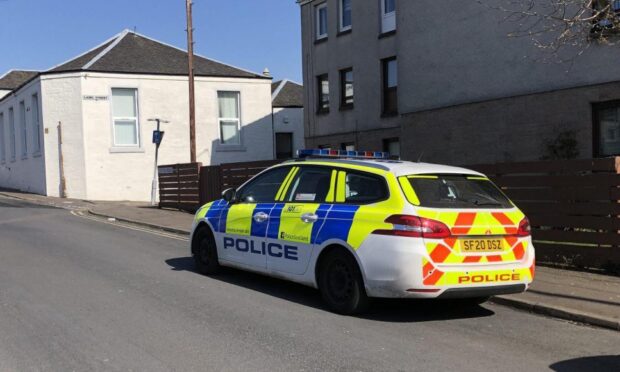Life often throws unexpected challenges at us, testing our resilience and determination. But Aber and Alf, two veterans who faced sudden and severe sight loss, show the power of strength and perseverance.
-
Some Courier online content is funded by outside parties. The revenue from this helps to sustain our independent news gathering. You will always know if you are reading paid-for material as it will be clearly labelled as “Partnership” on the site and on social media channels,
This can take two different forms.
“Presented by”
This means the content has been paid for and produced by the named advertiser.
“In partnership with”
This means the content has been paid for and approved by the named advertiser but written and edited by our own commercial content team.
With support from Sight Scotland Veterans, both Aber and Alf have found a renewed sense of purpose and hope, transcending their life-altering conditions.
Alf Gibbons: a life redefined
Alf Gibbons, a former boy sailor, having served 24 years in the Royal Navy, had his world upended overnight when he lost his sight suddenly about 12 years ago. He vividly remembers that on one Sunday he was driving a car, and by Monday he never drove again. After 18 months of uncertainty, it was discovered that there was an issue with his optic nerves.
Despite this challenge, Alf was determined to continue doing what he loved, which was bowls. He joined a blind and partially sighted group that allowed him to pursue his passion.
It was through his involvement in bowls that Alf was introduced to Scottish War Blinded, which later became Sight Scotland Veterans. He explained: “We would meet once a month, and the support from them really helped through emotional support, helping in everyday life and by providing visual aids.”
Sight Scotland Veterans also played a pivotal role in Alf’s life by introducing him to a strong community.
Alf shared that the assistance from Sight Scotland Veterans has been immense: “You can speak with the independent living workers as a first point of contact if there is anything wrong, even for things such as getting a plumber if you need pointed in the right direction.”
Alf emphasised the importance of meeting others in similar positions: “Meeting others through the group is great for comradeship and talking with others in similar positions.”
He also encouraged others dealing with sight loss to seek help. “If you’re suffering from sight loss, contact local workers and join a group,” Alf advised.
He believes in the power of community and emphasised that the more people who come together, the more organisations and support they can access.
Aber: defying the odds
Aber, a veteran from the Royal Pioneers, had his life turned upside down in 2018 when he suffered a brain aneurysm which resulted in the loss of sight in his left eye, memory loss and haematoma in his eyes.
Before this life-changing event, Aber was living a “normal life, driving trucks, cycling daily to work, playing sports and living an active life.”
After his medical discharge from the army, Aber had to cope with his deteriorating health and sight loss. That’s when Sight Scotland Veterans stepped in to provide a lifeline. The organisation offered support tailored to his specific needs, including practical solutions to everyday tasks made difficult by his vision loss.
Aber recalls how Sight Scotland Veterans helped him adapt, providing essential aids and visual aids: “I struggle with everyday things that require coordination, like chopping veg or even making a cup of tea. They gave me a one-cup machine so I can make a cup of tea. I would always spill things because I couldn’t see where I was pouring. So now I have a one-cup machine so I can make drinks without spilling.”
One of the significant ways Sight Scotland Veterans helped Aber was by reigniting his love for biking.
Aber explained: “I used to love biking. Then one day when I was at the centre in West Lothian, one of the workers came in and told me to come outside. They had a tandem bike waiting for me and I had the most amazing time. It was the first time I was able to go on a bike and enjoy it. Now Sight Scotland Veterans is trying to find somewhere in Dundee close to me so I can do it more regularly.”
Moreover, Aber found joy and solace in activities such as bowls for the blind and partially sighted at Disability Sport Dundee.
He said: “I love bowling; they have made amendments to make it easier and it’s a way of connecting with others and keeping active.”
Sight Scotland Veterans went the extra mile, providing him with opportunities to participate in these types of activities and more to enjoy life to the fullest. “There’s a therapy garden I go to too that I really enjoy,” Aber added.
The emotional support provided by Sight Scotland Veterans was equally invaluable when Aber was diagnosed with Charles Bonnet Syndrome. “I was feeling very stressed and anxious,” Aber explained. Sight Scotland Veterans introduced him to a support group where he discovered others facing similar challenges, reducing his feelings of isolation and fear. Visual aids were also a game-changer for Aber. Magnifiers, a talking watch and other tools made daily life more manageable.
Aber concluded with words of wisdom to others who may be facing similar challenges: “Don’t let it define you and live as best as you can.”
Supporting veterans since 1915
Using the latest equipment and technology, Sight Scotland Veterans is focused on improving the lives of veterans with sight loss. Originally called Scottish War Blinded until 2020, the organisation was set up in 1915 to help people who lost their sight or sustained a visual impairment during first world war service National Service. – remove this
Today, it is for anyone who has served in the Armed Forces and has lost all or part of their sight – whatever the reason.
Yet not everyone who is entitled to help knows about the charity. The charity can assist with signposting, advice, adaptations at home and providing free equipment to help you live life more independently.
Find out more at Sight Scotland Veterans website.
